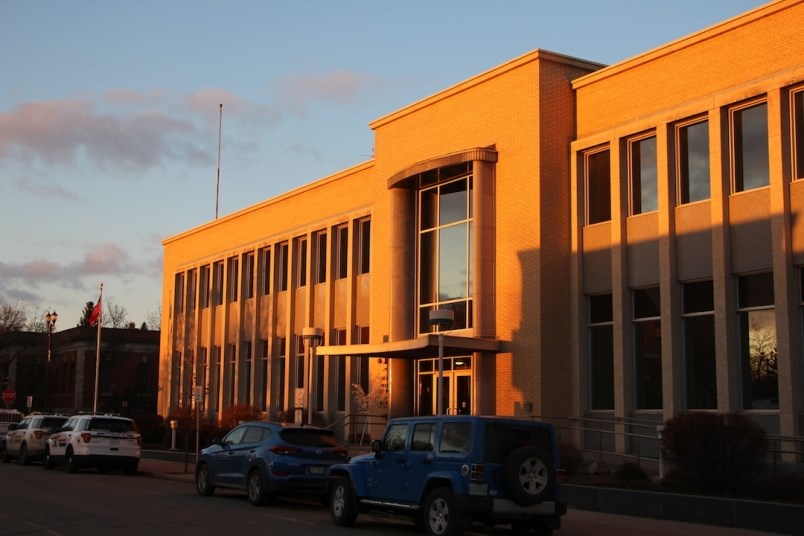YORKTON - Thanks largely to an interest windfall the city enjoyed a huge surplus on its operational budget in 2023.
The City’s operating surplus is $1,900,918, which Ashley Stradeski - Director of Finance with the city noted at the most recent regular meeting of Council was the largest in recent memory.
While allocating a small part of the surplus -- to reserves; airport $46,000, Planning and Building Services $20,000, and Public Works $130,000, the biggest chunk Council put into the city’s ‘rainy day’ fund; $1,704,918.
The rainy day fund is basically a holding account – a place to put un-allocated funds, most coming from unexpected sources – larger than expected surpluses certainly being one such source.
Council will now be able to do some planning for how best to utilize the extra dollars.
Whether it’s this edition of Council in its final months choosing to earmark dollars for specific expenditures, or whether they leave it to whoever sits in Council post fall elections remains to be seen, but either way it will be an interesting process.
Whichever edition of Council makes the choices it is to be hoped the discussions are in open Council for the public to hear since it is ultimately taxpayer’s money.
So where might money go?
A few rather easy answers exist.
On one hand taxpayers have seen a rather steady increase in property taxes year-over-year for some time. The surplus could go a long way to lessening any increases for 2025. It would be a one-year thing, and wouldn’t necessarily be sustainable without some companion planning – but any relief in spending would be appreciated by the public.
Then there are the potholes.
Drive down street-after-street and you will be kept busy manoeuvring around gaping maws and being jostled in the seat when you fail in the game of dodge-holes.
The surplus could easily disappear into road repairs, although it wouldn’t stretch nearly as far as we might wish given the amount of pavement needing attention.
Then there is the idea that a rainy day fund exists in large part as a pot of money to be accessed for the unexpected.
Last week this space was dedicated to the warning associated with a water main break in Calgary. It could happen here, and it would be costly to deal with.
Having a healthy rainy day account would be useful at such a time – a sort of insurance fund against disaster.
Ultimately, it is a positive that the surplus exists, and how it is eventually invested needs only to be a positive for the community to be a win for the city.






